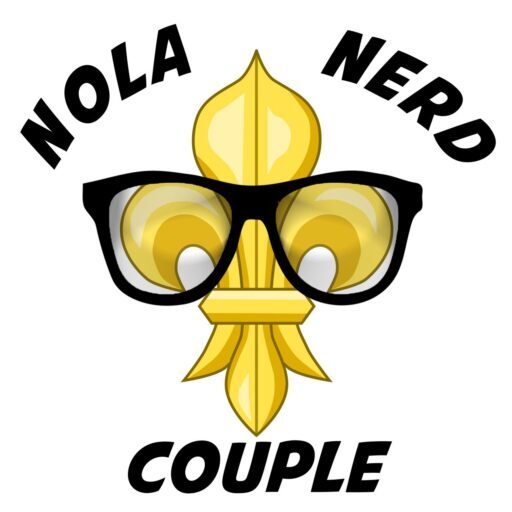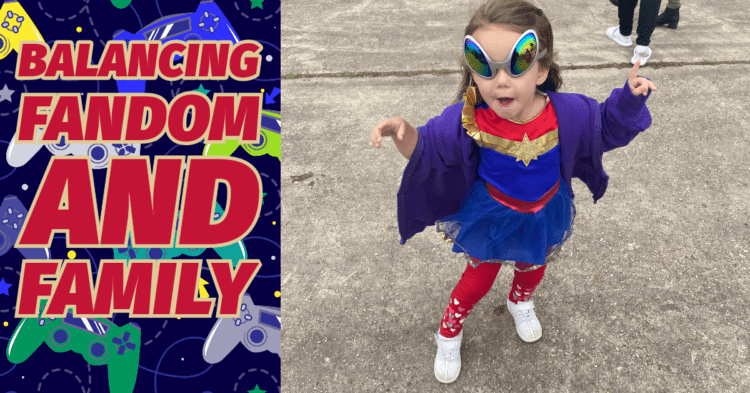canon noun can·on ˈka-nən Definition of canonWhile 3 and 4 are really what we are talking about here, don’t think for a second that some people don’t look at canon as falling under one and two. Let’s look at a more specific example of canon. Star Wars used to have a large canon. Now for most people, that would mean six movies. But for others, it means novels, comics, role-playing games, etc. Then Disney bought Star Wars and called all of that, besides the movies, and called all those works Star Wars Legends. Now canon refers to the seven movies, the animated series Clone Wars and Rebels, the Marvel comic books, and basically anything else that is star wars related that has a Disney logo located on it. (Warning: link goes to an article from Nov 2015 so a lot has been added to it since then).“Canon.” Merriam-Webster.com. Accessed April 13, 2016. http://www.merriam-webster.com/dictionary/canon.
- 1a: a regulation or dogma decreed by a church council b : a provision of canon law
- 2[Middle English, from Anglo-French, from Late Latin, from Latin, model]: the most solemn and unvarying part of the Mass including the consecration of the bread and wine
- 3[Middle English, from Late Latin, from Latin, standard]a: an authoritative list of books accepted as Holy Scripture b : the authentic works of a writer c : a sanctioned or accepted group or body of related works <the canon of great literature>
- 4a: an accepted principle or rule b : a criterion or standard of judgment c : a body of principles, rules, standards, or norms

About The Author
Discover more from NolaNerdCouple.com
Subscribe to get the latest posts sent to your email.

